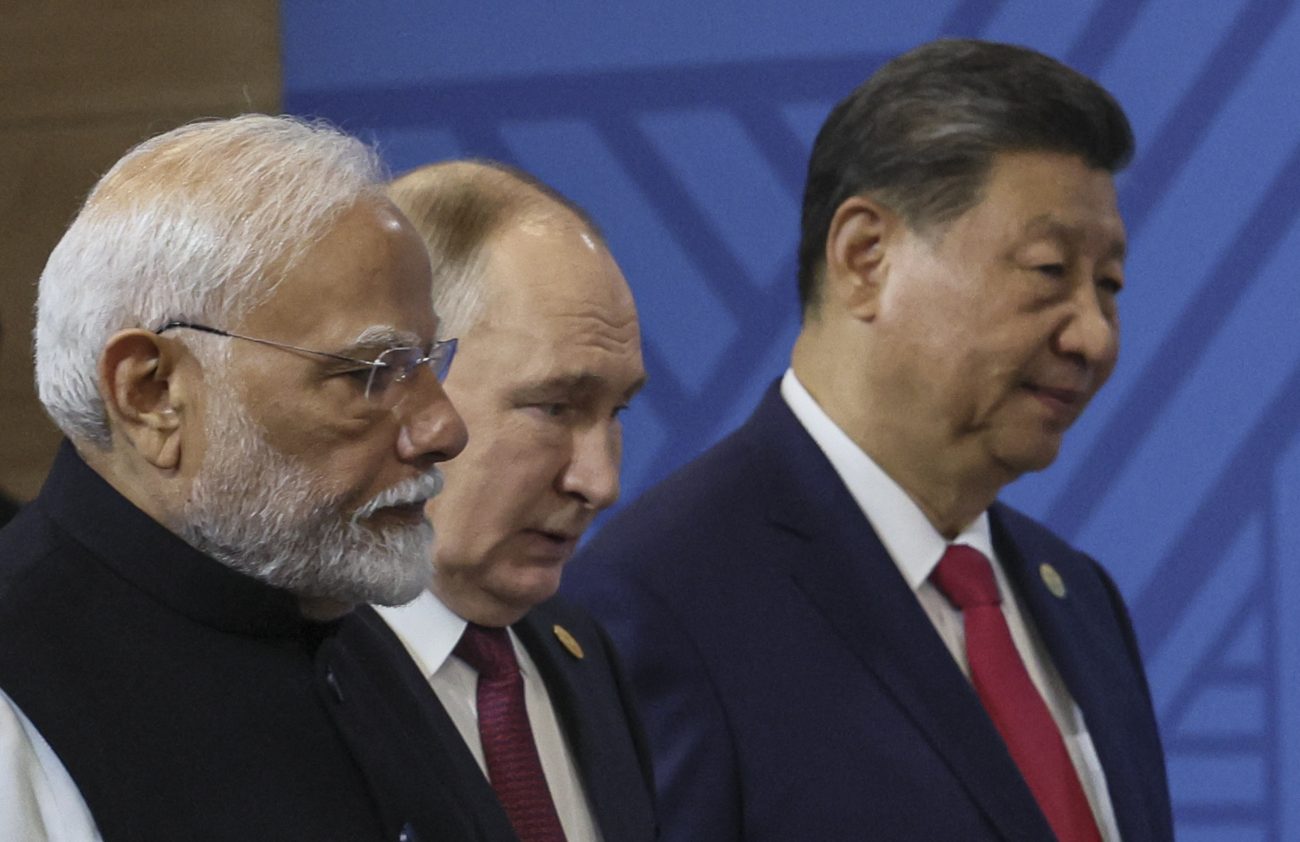
Senator Graham's Russian Sanctions Bill: An Economic Bunker Buster Against China, India, and Russia
U.S. Senator Lindsey Graham has announced that he has secured the support of 84 co-sponsors for a comprehensive Russian sanctions bill. This legislation is referred to as an "economic bunker buster," which suggests its potential to disrupt the economic influence of China, India, and Russia significantly. The bill aims to impose severe tariffs, reaching as high as 500%, on imports from countries that continue purchasing Russian oil, gas, and uranium.
This high-stakes measure seeks to pressure major buyers like China and India, who are believed to fuel much of Russia's ongoing military actions through their energy imports. Nevertheless, the sanctions represent a questionable approach to undermining Russia’s economic power while attempting to contend with the broader influence of RIC countries—Russia, India, and China—on the global economy.
Graham seems unaware of the substantial control that these nations, particularly China and India, hold over world markets. As leading energy consumers, they possess considerable leverage, complicating the implementation of such sanctions. In fact, the intertwining economic relationships pose challenges that could hinder the anticipated effectiveness of this sanctions bill.
For Senator Graham's economic bunker buster to achieve its intended goals, it will require careful maneuvering through these complex dynamics. It's essential to recognize that while the intent behind the sanctions is to cripple Russia's energy exports, the realities of global trade, particularly with human-centered economies like China and India, might lead to an unexpected pushback against the sanctions' intended effects. For more insights on the implications of international sanctions, visit Council on Foreign Relations.
